Answering Your FAQs About Brakes
Brakes are a critical system on your vehicle, and even a small problem can cause significant damage or injury. Because of this, you need to know some basics about them to keep you and your passengers safe.
Q: How often should I get the brakes checked?
A: In most cases, you only need to have them checked when experiencing problems with the braking system. Brake technicians can identify potential issues during an inspection and suggest a remedy.
Q: Why should I get my brakes replaced?
A: The braking system is the only thing preventing your vehicle from moving. If something fails, getting it fixed should be a priority.
Q: Are my brakes safe if they squeal when I apply the pedal?
A: Yes, this is normal for most vehicles. They will make a sound when you engage them because of their friction material. While this is not a problem, it may indicate wear and tear over time.
Q: How does brake repair work?
A: The most common brake problem you'll encounter is a leak. Emergency repairs usually involve fixing leaks from the master cylinder or wheel cylinders as well as replacing worn-out brake pads and rotors.
If you are looking auto repairs or tires in la Crosse visit Bion's Full-Service Auto Care
Did you know that four out of five repairs on modern cars, trucks and SUVs are related to how well your vehicle withstands wear and tear? Doing everything in your power to keep your vehicle maintained actually does two things: it increases the longevity of your car and reduces the amount of money you spend on repairs over time. Here are a few answers to the questions we most often receive about brake maintenance.
Do I need to change my brake pads?
Absolutely! Plan on changing those pads on a regular basis, about every 50,000 is ideal. If you're a hard braker or drive a performance vehicle, you might need to have your brake pads and brakes replaced more frequently. Your mechanic should take a look at your pads during your maintenance appointments and let you know when it's time to replace them.
Help! My brakes are making noise! Is this dangerous?
While it's probably not an emergency situation, you should get your car, truck or SUV to a mechanic as quickly as possible — particularly if the noise lasts for more than a day or so. Squeaky breaks indicate there's a problem, and the only way to accurately diagnose the issue is by having your vehicle examined by a reputable mechanic. The problem could be as simple as worn brake pads or blown rotors.
Why do I need to check my brake fluid?
Your brakes won't work without brake fluid. But more importantly, driving without sufficient brake fluid can damage your brakes to the point that they need complete replacement. Checking your brake fluid can be complicated, and when you do it yourself, you run the risk of adding air to the system, which can ultimately lead to brake failure. This is one key type of maintenance that really should be left to the professionals. Most reputable mechanics check brake fluid levels as a regular part of scheduled maintenance visits.
Do I need to worry about my brakes — they're vibrating?
This is most often linked to rotor warping. While not an emergency situation, you should take your vehicle to a mechanic as quickly as possible Your car will still be able to stop, but warped rotors often drastically increase your stopping distance and time, leading to safety issues.
If you have questions about your brakes or need more information about brake maintenance, we're here to help. Reach out either online or by phone to schedule an appointment — we'll be happy to help you out.
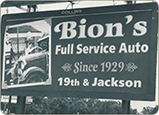
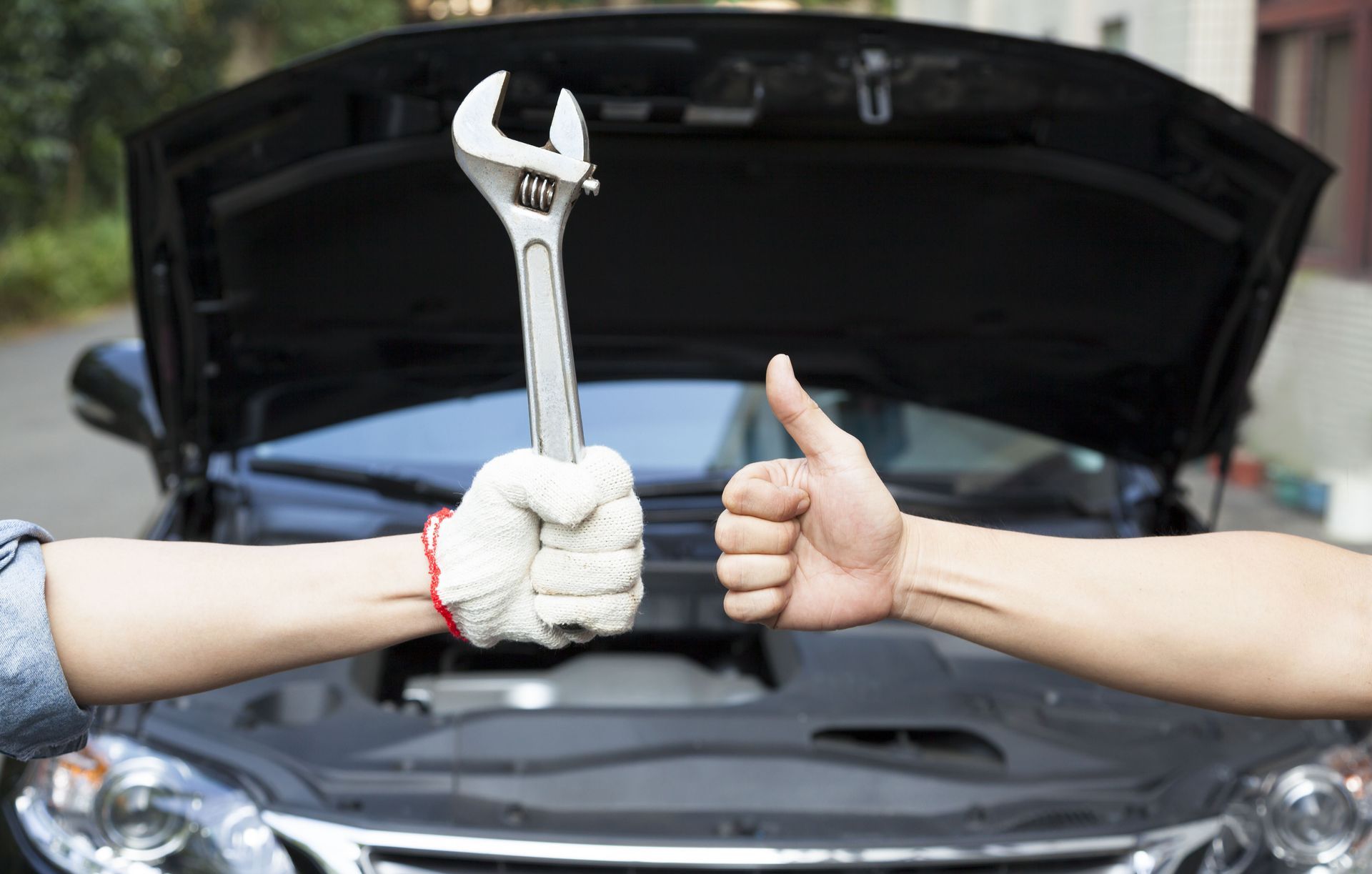
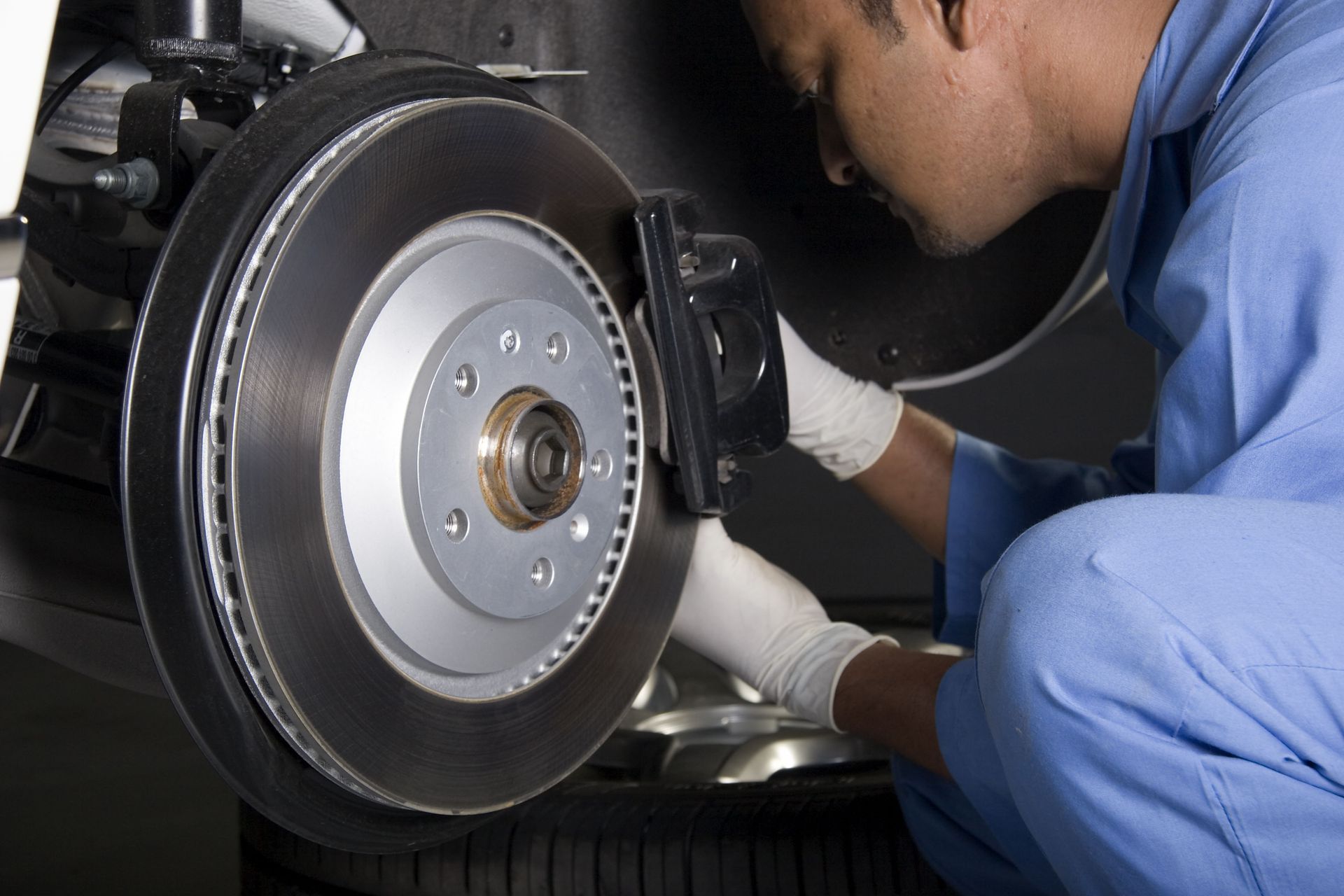
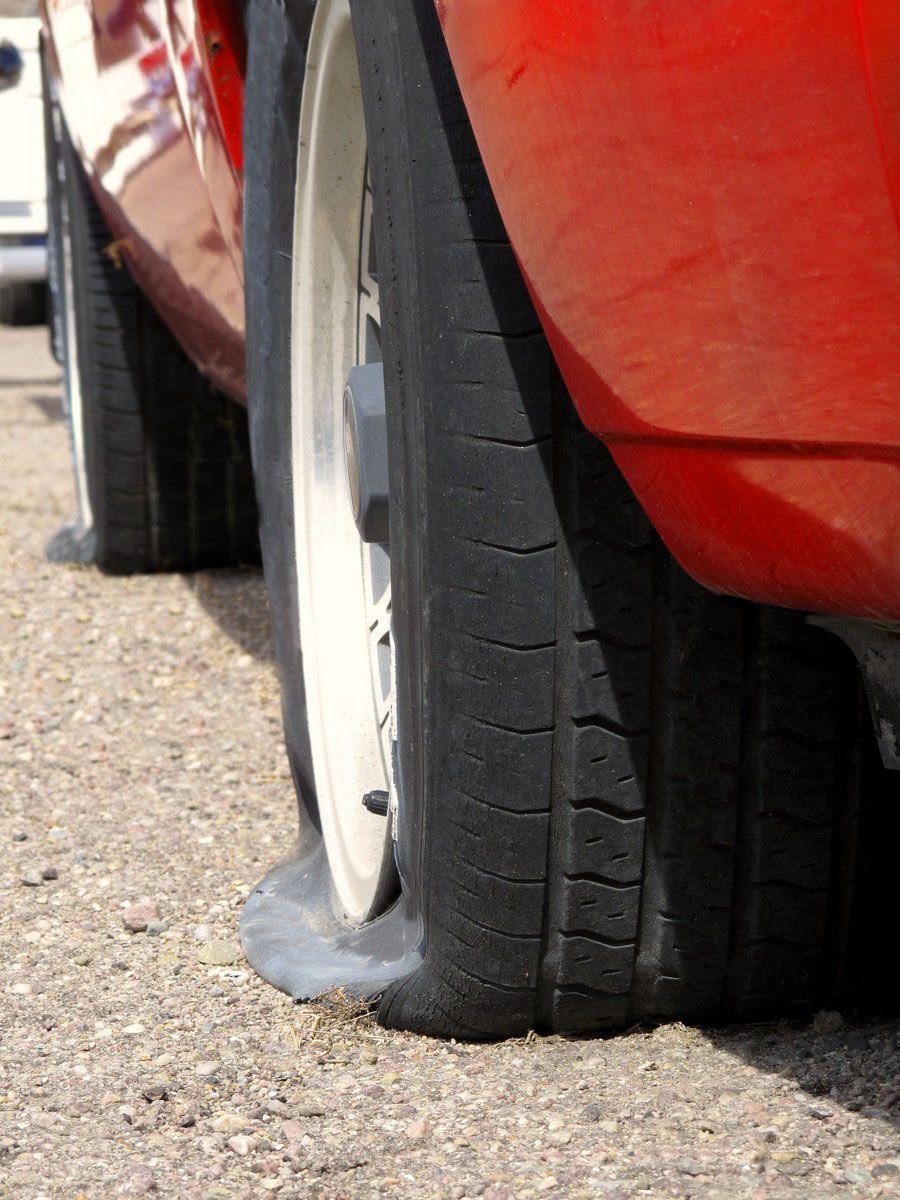
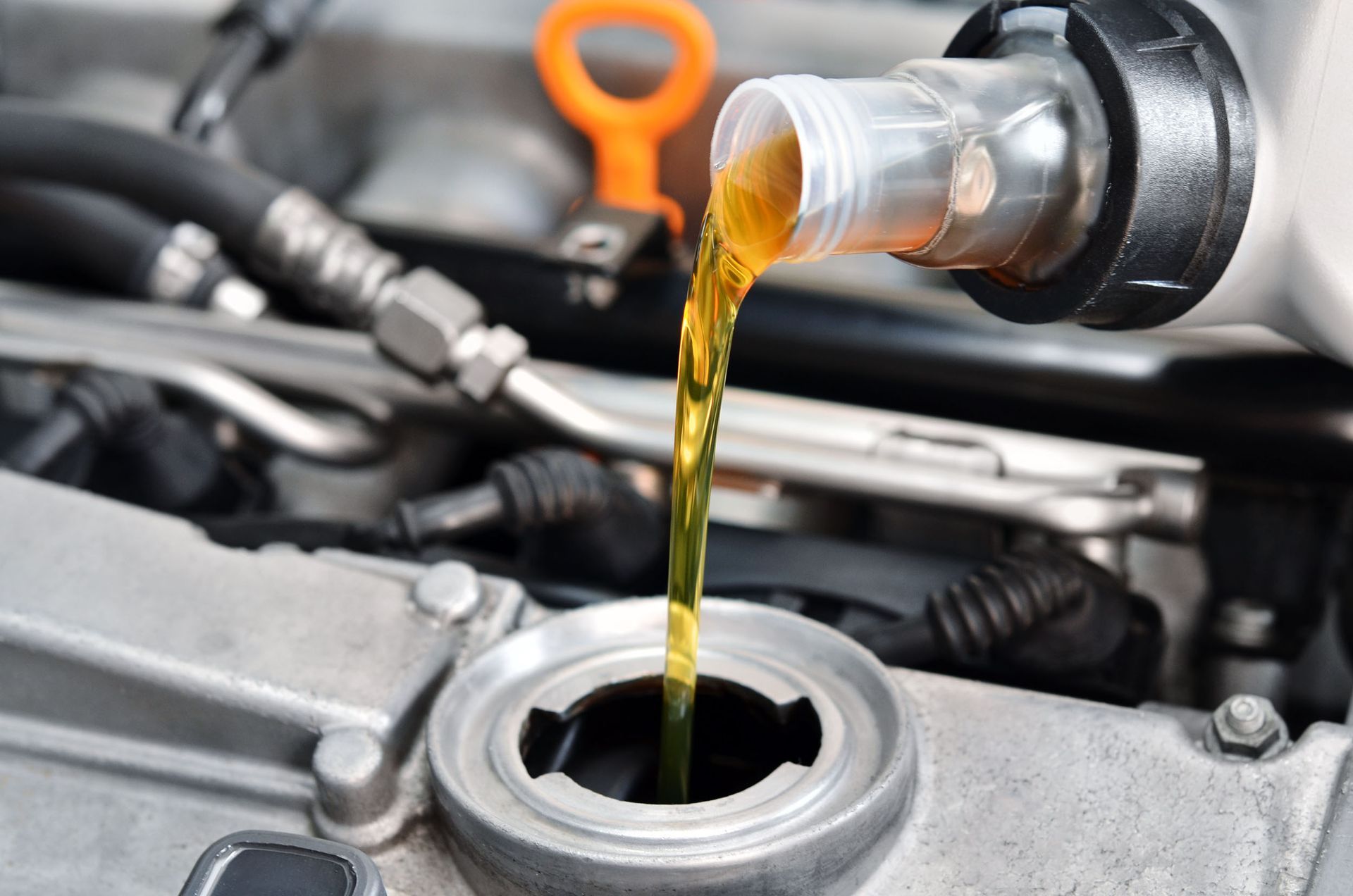
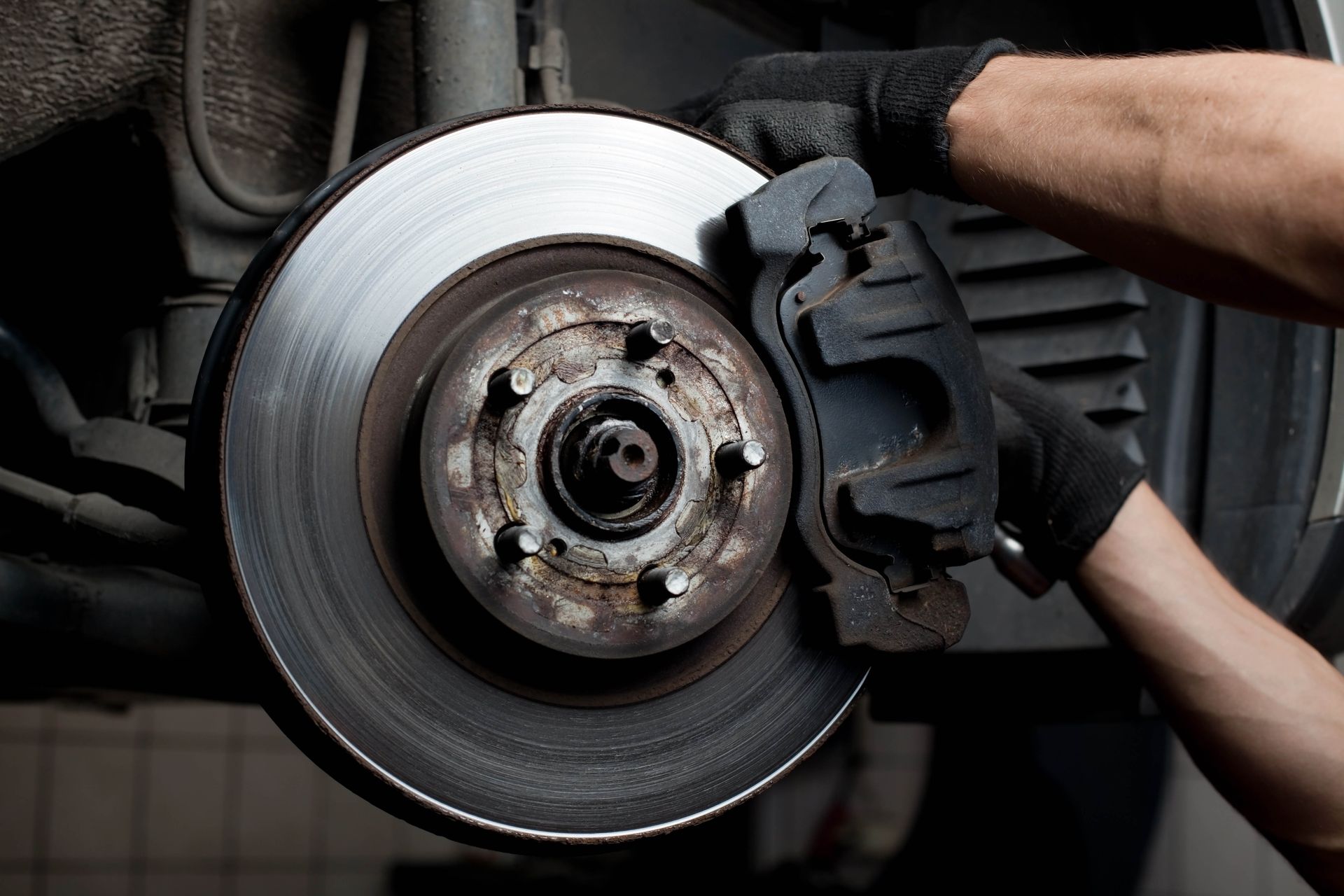
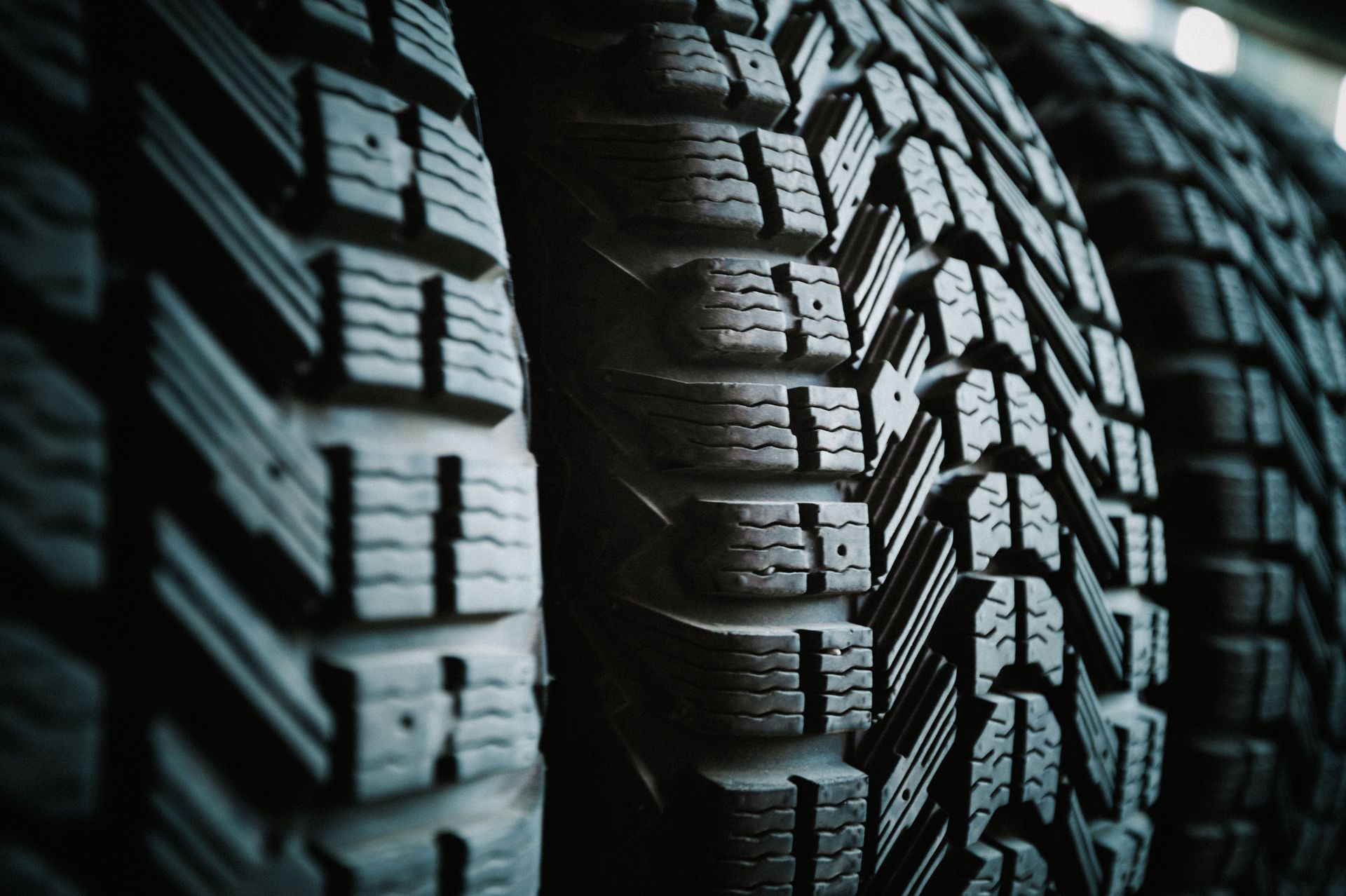
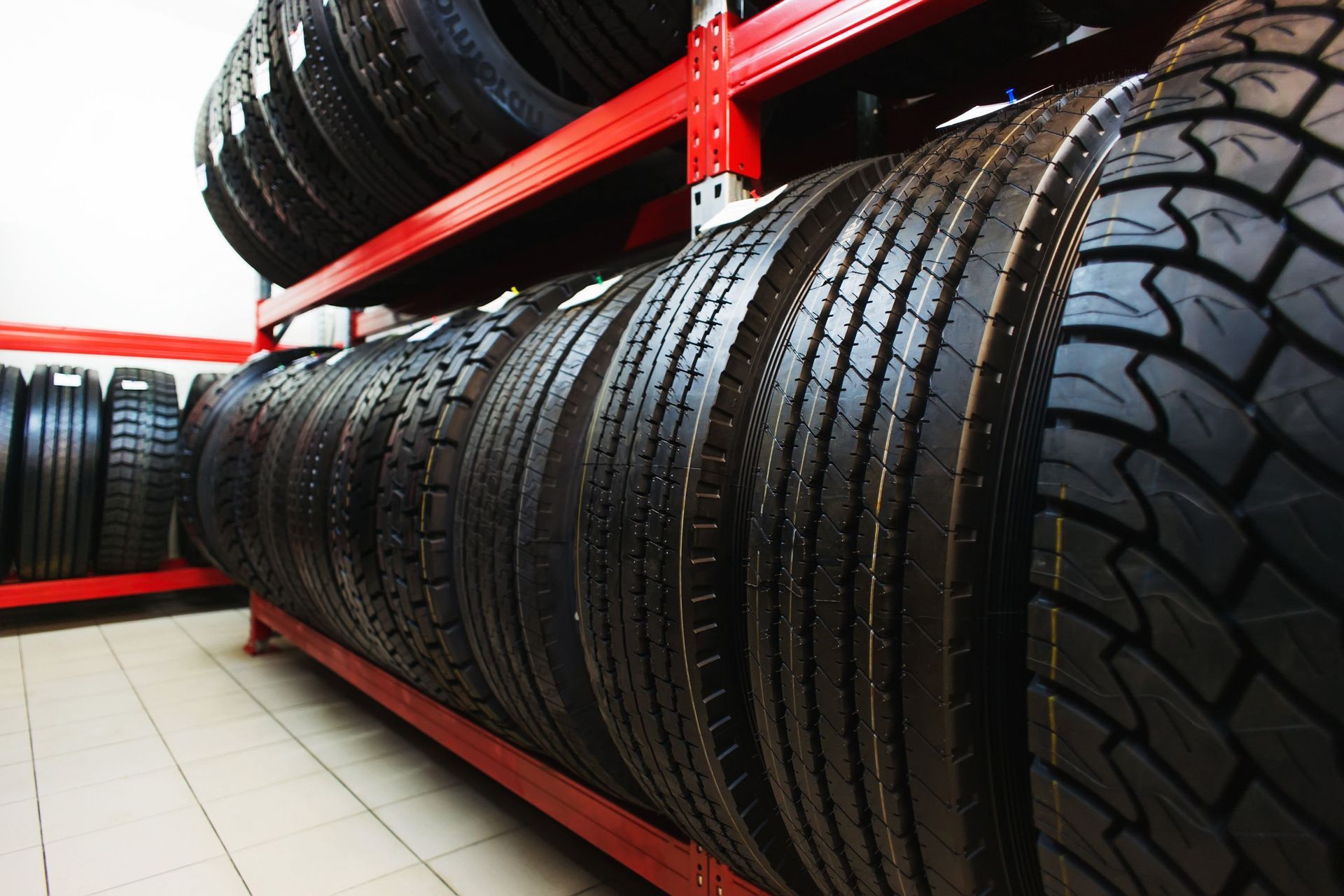
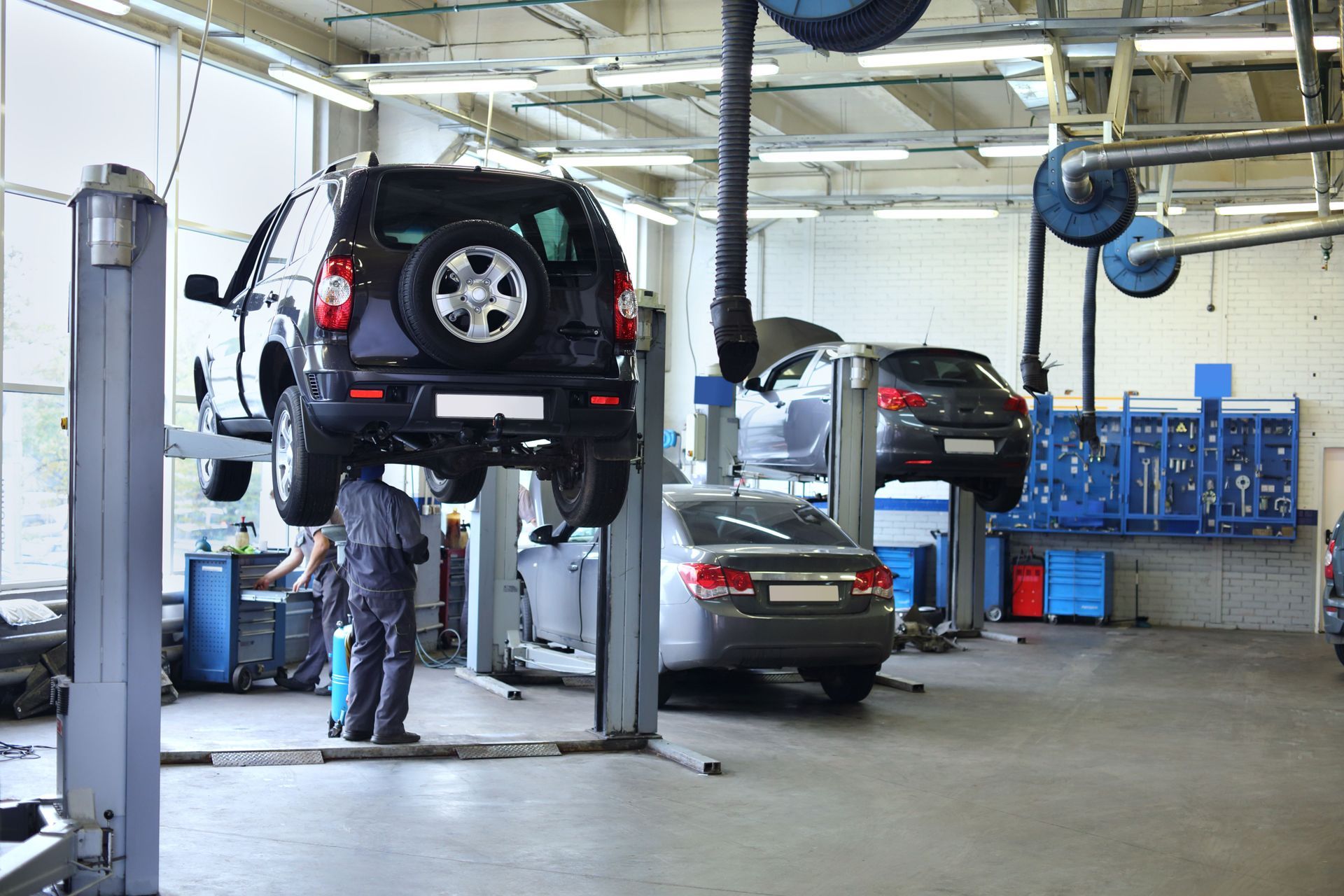
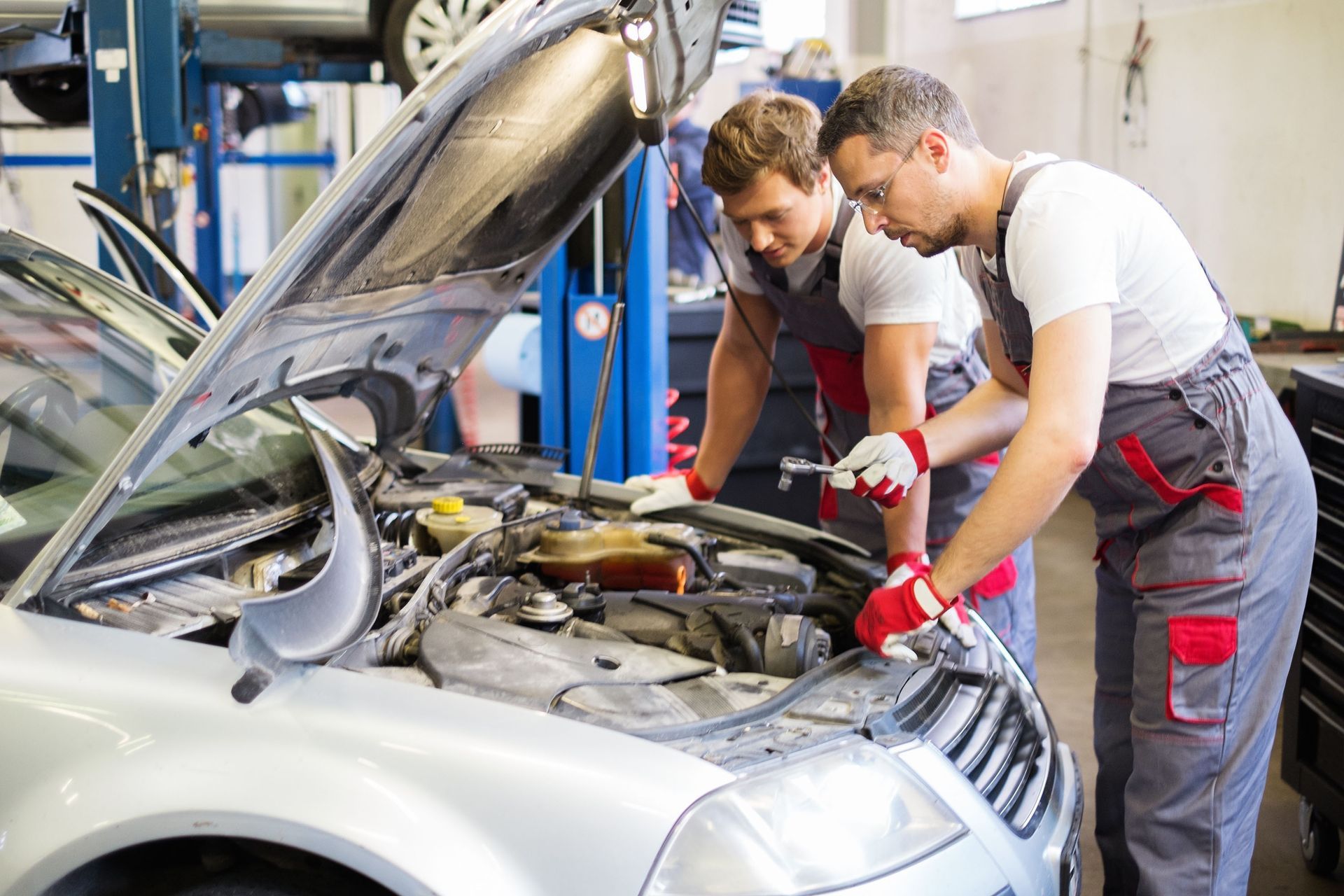

Share On: